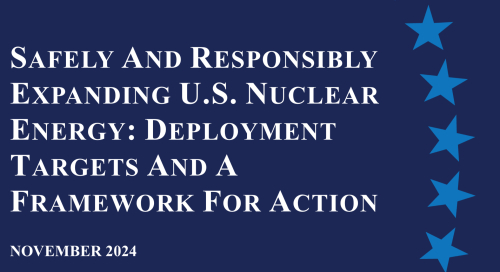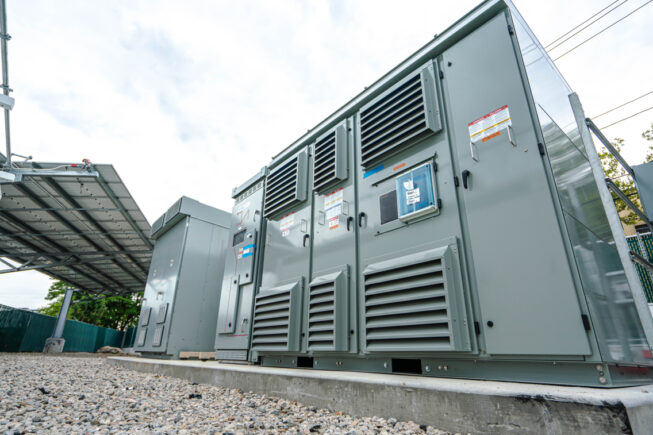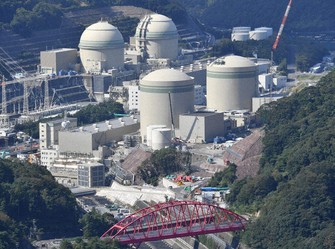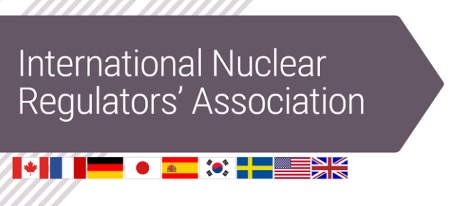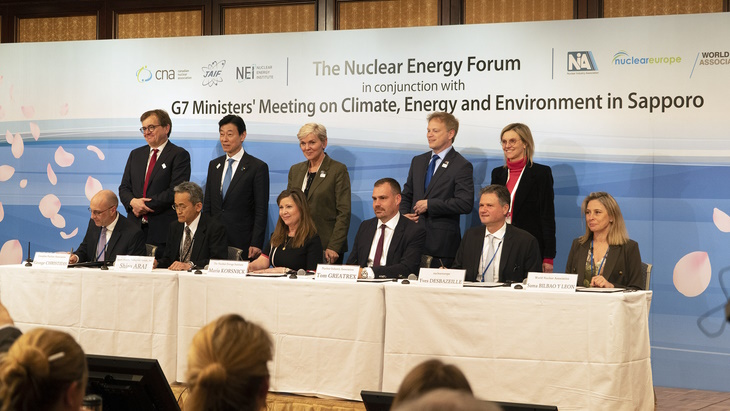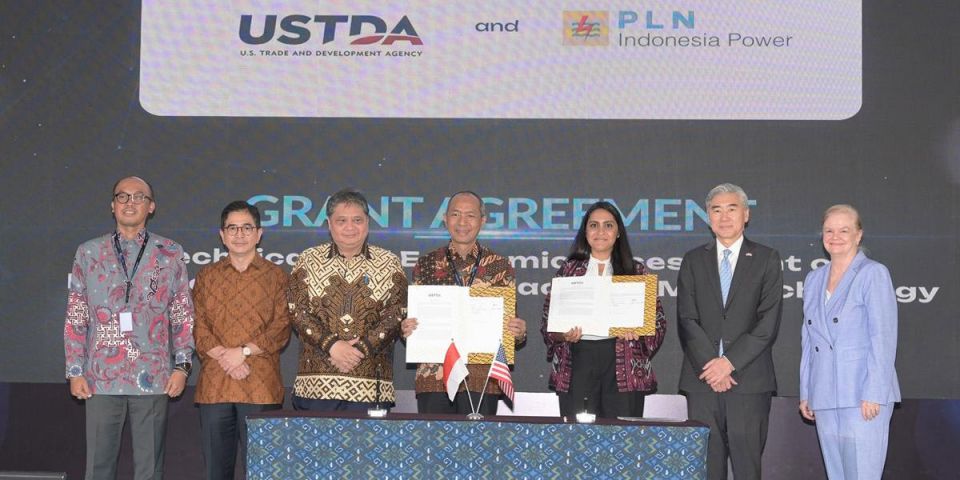Iraq is currently processing more than 75,000 b/d of crude at its Baiji refining complex, which could increase to as high as 140,000 b/d in the "next few months," the oil ministry said in a statement.
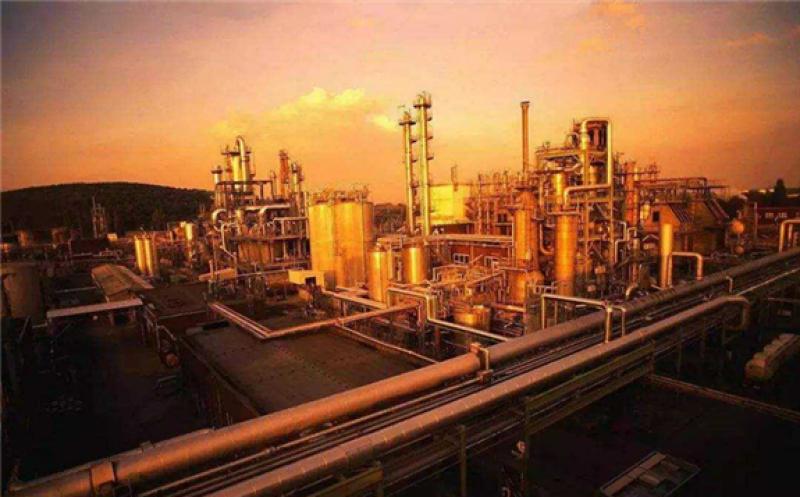
Ongoing reconstruction and rehabilitation projects at the refining complex will raise processing capacity to 280,000 b/d, it added.
This is just short of Baiji's capacity of 300,000 b/d before it was taken over by Islamist militants Isis in mid-2014. It was badly damaged during the takeover, and later by fierce fighting as Iraqi forces attempted to liberate the facility in late 2015.
The complex is split into three sections. The 70,000 b/d Salahuddin 2 plant restarted in September 2018. The 70,000 b/d Salahuddin 1 plant has yet to restart, although work on hydrogen and gasoline units was completed in early 2019. The ministry is also working to resume operations at Baiji's 150,000 b/d North plant, while the two 5,000 b/d lube plants at the complex are also still not operational.
The oil ministry said last week that it planned to complete all its restoration works by 2023, nine years after its takeover by Isis. With the capacity of its largest and most complex refinery severely reduced, Iraq has had to rely on its two other major refining centres — the 140,000 b/d Daura refinery west of Baghdad, and the 210,000 b/d Basrah refinery in the south.
